
COVID-19 and Wagyu (Mizutora, Ushi-oni)
The coronavirus pandemic continues to rage.
The Tokyo Metropolitan Government called on people to refrain from unnecessary outings, and snowfall occurred over a wide area of the Kanto-Koshin region, so on March 29th, despite it being a weekend, there was a sharp decline in the number of people on the streets of Tokyo.
On the 30th, news broke that Ken Shimura, who had been battling the coronavirus, had passed away. We pray for his soul to rest in peace.
The number of infected people in Tokyo is increasing daily, and it is said that a citywide lockdown is imminent.
However, there is some encouraging news regarding COVID-19.
Pangolins: key to fighting COVID-19
A rare mammal whose body is covered with scales.PangolinA virus similar to the new coronavirus has been discovered in pangolins. It has been pointed out that pangolins may play an important role in the spread of coronaviruses in nature, and this research may lead to the discovery of a means to combat the new coronavirus.

Pangolin and water tiger
Pangolins are animals that have lived in China for a long time.Chinese version of KappaIt is said thatwater tigerThe scales of the snake are sometimes likened to those of a pangolin.

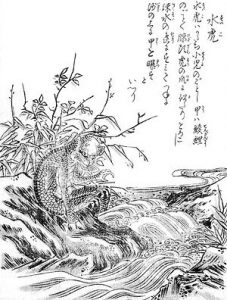
By the way, kappa is "Kappa's Miracle MedicineIt is said that this god has the power to give medicine to cure injuries or illnesses, and there is a legend that says that he will give medicine to cure injuries or illnesses in return for mischief or for gratitude for help.
It is believed that this is where the Kappa of Tono in "Ushio and Tora" comes from, applying medicine to his friends' wounds to heal them.
Wagyu beef and the god of plague
In Japan, as an economic measure against COVID-19,Wagyu beef and fish couponsIt is being considered to distribute gift certificates for the above. Cash benefits and various tax cuts are also being considered, but the impact of the Wagyu beef gift certificates, which were first reported, was huge.
When it comes to wagyu beef, Tokyo's MukojimaUshijima ShrineThe shrine enshrines Susanoo, and is a stone statue dedicated to Ushijima Shrine.petting cowIt is thought to have originated from the belief in Gozu Tenno.

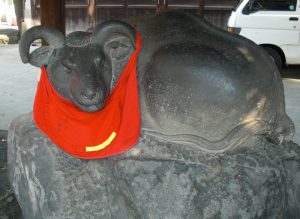
Gozu TennouHe is the enshrined deity at Yasaka Shrine in Kyoto, and is revered as the god of epidemics and is identified with Susanoo.
Ushi-oni and the plague
Also, speaking of cowsUshioniUshi-oni is a monster that has legends in many places, but in particular, it is a monster that is worshiped to this day in Uwajima, Ehime Prefecture, in the "Uwajima Ushi-oni Festival."
According to a legend that remains in Kikuma-cho, Imabari City, this festival began in the past as a way to ward off the plague god when an epidemic was rampant, and when the ushi-oni was not brought out one year, the epidemic spread again, so from then on it has been held without interruption as a way to enliven the festival gods.

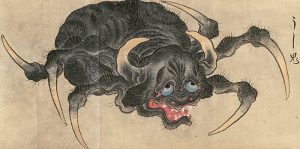
As previously introducedAmabieIt began to be featured as a monster that can ward off epidemics, as people quickly began showing pictures of it on the Internet and on television.
Also, having a human face and a cow's body, or a cow's face and a human body (kudan), is said to predict epidemics.
Related to the pangolins and wagyu beef introduced this time,water tiger,Kappa,UshioniThese are also sometimes spoken of as guardian deities that ward off epidemics.
Although measures to combat the COVID-19 pandemic should be led by the nation and the government, the power of yokai may be useful when it comes to grassroots efforts to ward off epidemics.
Images: "Water Tiger" from Toriyama Sekien's "Konjaku Gazu Zoku Hyakki", the caressing cow at Ushijima Shrine (Mukojima, Sumida Ward, Tokyo), and "Ushi-oni" from Sawaki Takushi's "Hyakkai Zukan"
References: "The Definitive Japanese Yokai Encyclopedia: Yokai, the Other World, and Gods" (Mizuki Shigeru, Kodansha Bunko), "Japanese Yokai Encyclopedia" (Mizuki Shigeru, Murakami Kenji, Kadokawa Bunko)
Text by Keishiro Watanabe
■ Keishiro Watanabe (Kei-chan)
Born in Asahikawa, Hokkaido. Graduated from the School of Human Sciences at Waseda University. An independent researcher of yokai. Certified Information Systems Auditor (CISA).
He currently works as a management and IT consultant, residing in Sapporo, Hokkaido, and traveling throughout the prefecture and Tokyo. However, he studied folklore and cultural anthropology at university, and continues to research yokai as his life's work.
I am currently writing articles about monsters associated with Hokkaido, where I currently live, as well as current news about business and economics.
Twitter:https://twitter.com/keishiro_w



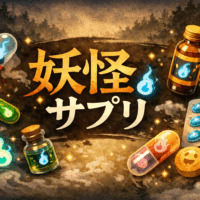
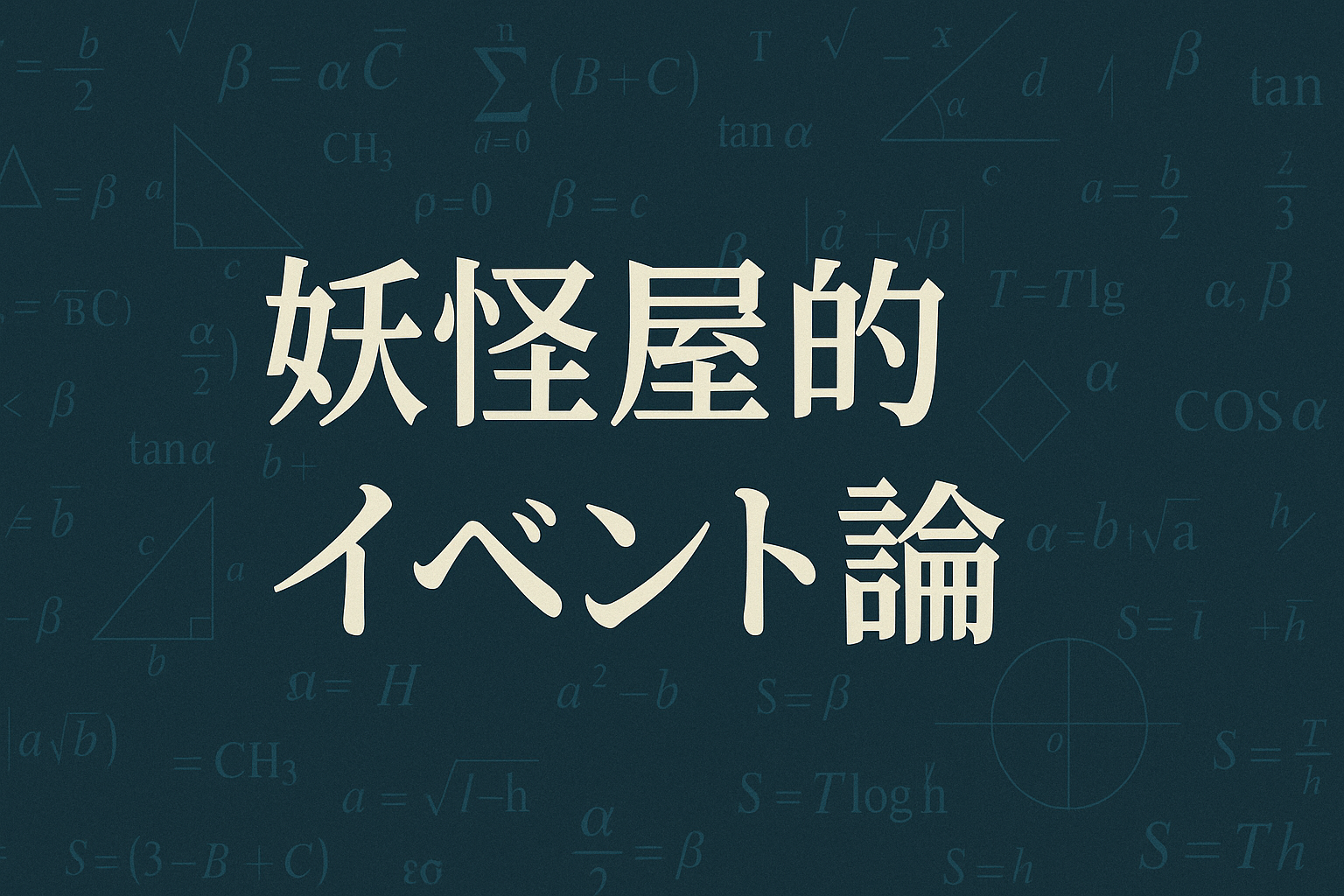
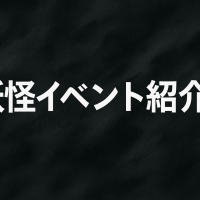



No comments yet.